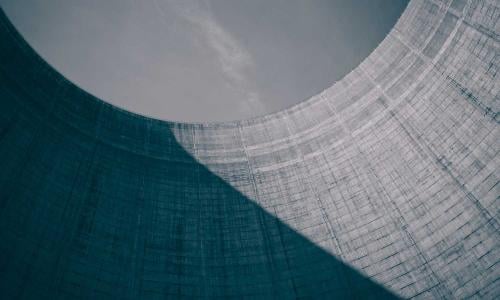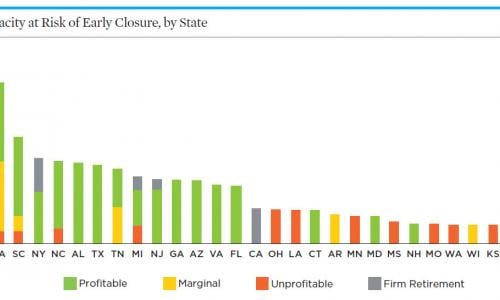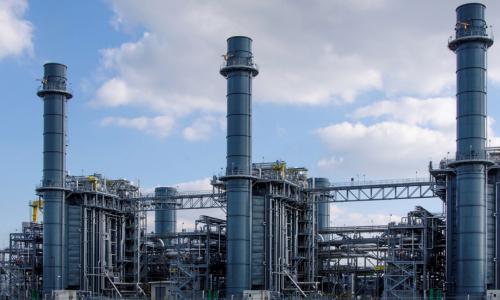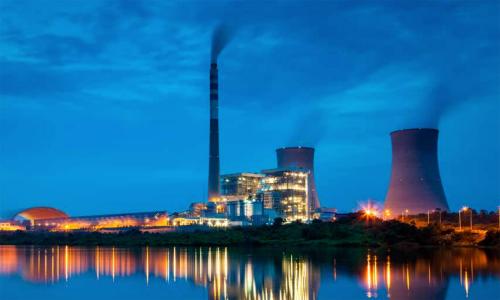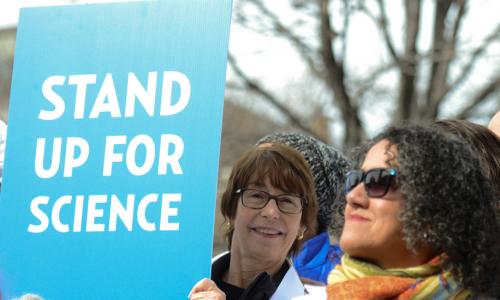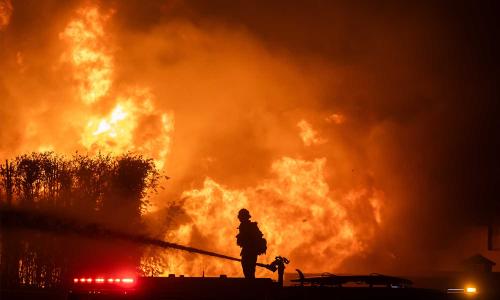Effectively addressing global warming requires a rapid transformation of the ways in which we produce and consume energy. The scope and impacts of climate change—including rising seas, more damaging extreme weather events, and severe ecological disruption—demand that we consider all possible options for limiting heat-trapping gas emissions—including their respective costs and timelines for implementation.
To help prevent the worst consequences of climate change, the United States must achieve economy-wide net-zero emissions by or before mid-century. The Union of Concerned Scientists (UCS) supports policies and actions that put our nation on the path to attaining this goal.
Swiftly decarbonizing the electric sector, one of the largest sources of US carbon emissions, is among the most cost-effective steps for limiting heat-trapping gas emissions. Renewable energy technologies and energy efficiency measures can help dramatically cut the sector’s emissions, and are safe, cost-effective, and commercially available today.
Yet limiting the worst effects of climate change may also require other low- or no-carbon energy solutions, including nuclear power.
Nuclear power produces very few lifecycle carbon emissions. It also faces substantial economic challenges, and carries significant human health and environmental risks. UCS strongly supports policies and measures to strengthen the safety and security of nuclear power.
Nuclear power and natural gas
Today, nuclear power supplies approximately 20 percent of US electricity and is the third largest electricity source in the United States. Most existing US nuclear power plants have licenses that would allow them to operate until the 2030 to 2050 timeframe. However, low natural gas prices, increasingly affordable renewable technologies and grid improvements, declining demand for electricity, and costly age- and safety-related power plant repairs have led to some nuclear reactors being retiring abruptly, with little or no advance planning. Many are being replaced in large part by natural gas.
Though cleaner than coal, natural gas still generates unacceptably large amounts of carbon pollution, especially when the leakage of natural gas from pipelines and other infrastructure is considered. To the extent that a nuclear plant’s output is replaced by electricity from natural gas, the resulting emissions set back national efforts to achieve needed emissions reductions.
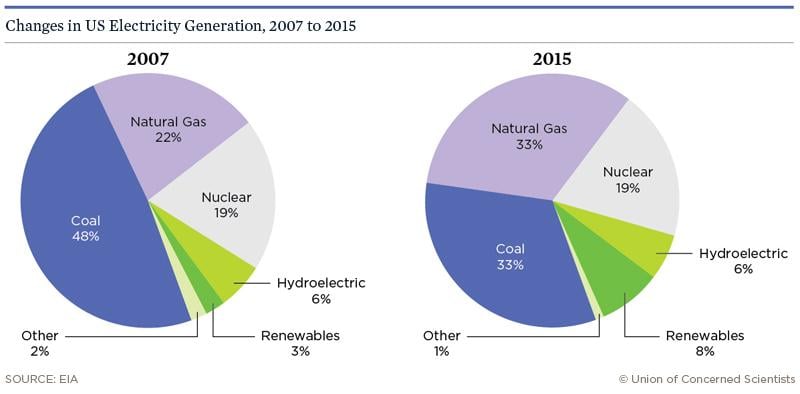
Today’s low market price of natural gas does not reflect the cost that carbon pollution poses to society. UCS strongly supports a robust, economy-wide price on carbon to address this market failure and level the playing field for all low- and no-carbon sources of electricity.
Until carbon pricing is in place, or natural gas prices rise significantly, owners of economically vulnerable nuclear plants will continue asking policymakers for financial assistance. Policymakers facing this situation should consider the cost and feasibility of a range of options, from providing financial support for power plants with strong safety records, to replacing their capacity with renewables, to implementing policies that lower and reconfigure customer demand for electricity. When weighing the various options, policymakers should consider the magnitude and timing of carbon reduction for each option, the respective costs, and the extent to which each option will spur technology innovation.
If policymakers provide financial assistance to existing nuclear plants, they should at the same time strengthen policies such as renewable electricity standards (RES) that stimulate the growth of low-carbon renewable energy as well as energy efficiency programs and policies. Any financial assistance to existing nuclear power plants should not dilute or otherwise come at the expense of incentives for energy efficiency, grid modernization, or renewable resources such as wind and solar, and should include provisions to periodically assess whether continued support is necessary and cost-effective.
Nuclear power risks and impacts
Nuclear power entails substantial safety and security risks, waste disposal challenges, and water requirements. These risks also make nuclear power vulnerable to public rejection (as seen in Japan and Germany following the Fukushima disaster of 2011).
Many of nuclear power’s risks can and should be substantially reduced, regardless of whether new nuclear power plants are built. Since its founding, UCS has served as a nuclear safety watchdog, working to ensure that US nuclear power is adequately safe and secure. Our recommendations include better enforcement of existing regulations, expedited transfer of nuclear waste into dry casks, strengthened reactor security requirements, and higher safety standards for new plants. We advocate the continued prohibition of reprocessing and a ban on the use of plutonium-based fuels. We also support continued research and development of nuclear power technologies that are safer, more secure, and lower cost.
